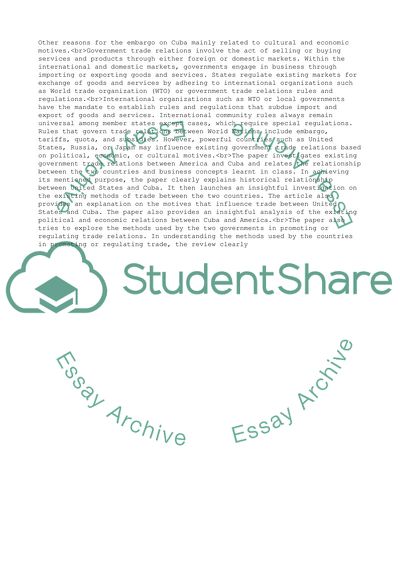Cite this document
(Business - Government Trade Relations Research Paper, n.d.)
Business - Government Trade Relations Research Paper. https://studentshare.org/business/1840325-business-government-trade-relations
Business - Government Trade Relations Research Paper. https://studentshare.org/business/1840325-business-government-trade-relations
(Business - Government Trade Relations Research Paper)
Business - Government Trade Relations Research Paper. https://studentshare.org/business/1840325-business-government-trade-relations.
Business - Government Trade Relations Research Paper. https://studentshare.org/business/1840325-business-government-trade-relations.
“Business - Government Trade Relations Research Paper”. https://studentshare.org/business/1840325-business-government-trade-relations.


